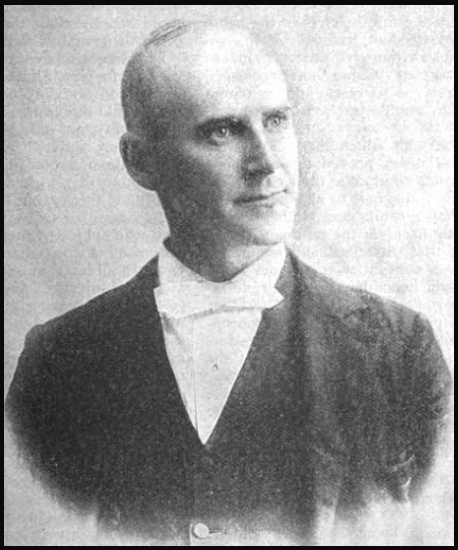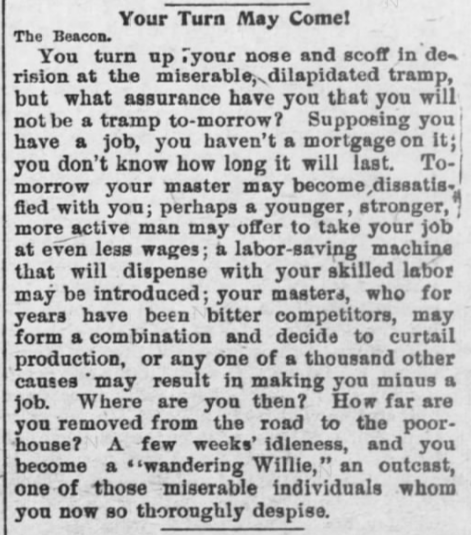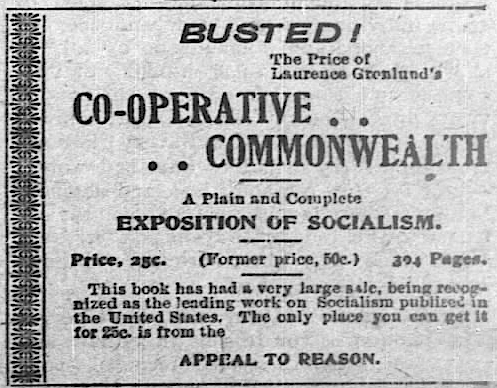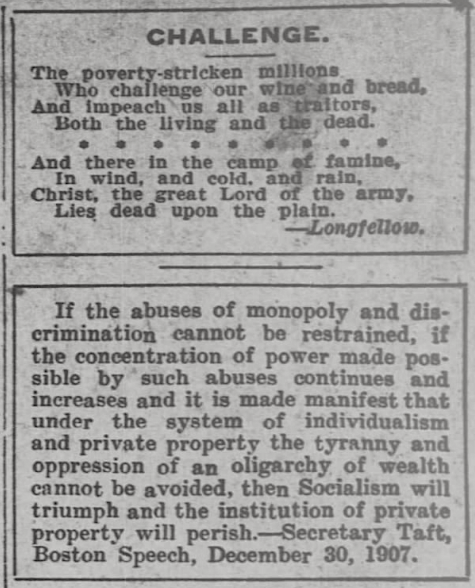 ~~~~~~~~~~~~~~~~~~~~~~~~~~~~~~~~~~~~~~~~~~~~~
~~~~~~~~~~~~~~~~~~~~~~~~~~~~~~~~~~~~~~~~~~~~~
Hellraisers Journal – Thursday October 29, 1908
Candidate Eugene Debs on Ideals and Purpose of Socialist Party
From the Appeal to Reason of October 24, 1908:
Get This Magazine.
—–
The Independent, published at 130 Fulton st., New York, will, in its issue of October 15, contain an article by Eugene V. Debs, entitled “The Socialist Party’s Appeal!” As a plain statement of what Socialism is and the relation of the Socialist party to the real vital questions of the day, its equal has not appeared.
This article is one of a series contributed to the Independent by each of the seven presidential candidates. The number containing Comrade Debs’ article will be mailed postpaid by the publishers to any address for ten cents.
———-
From the New York Independent of October 15, 1908:
The Socialist Party’s Appeal
BY EUGENE V. DEBS
CANDIDATE OF THE SOCIALIST PARTY FOR PRESIDENT OF THE UNITED STATES
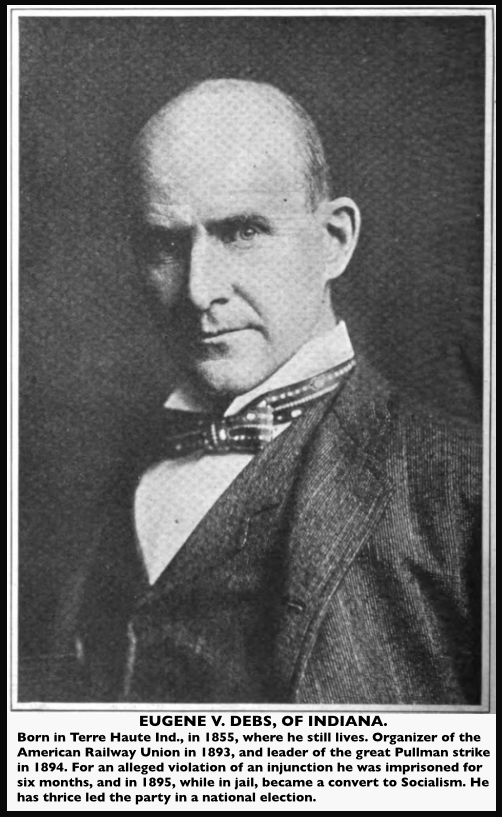
At a public meeting in New York City some months ago the present Presidential candidate of the Republican party was asked this question: [“]What is a man to do who is out of work in a financial panic and is starving?”
This is an intensely human as well as a very practical question. It epitomizes the problem of the unemployed and places it in bold relief. It is not too much to say that the future welfare and progress of our country-aye, the fate of civilization itself-depends upon a correct solution of this problem. In view of the supreme importance of the question it might naturally be expected that the Republican party would offer some practical and well-defined method of dealing with it, and one might suppose that the party’s standard-bearer would be in a position clearly to expound that method in making reply to his interrogator. But how pitifully inadequate was the answer! It is at least creditable to Mr. Taft’s honesty that he frankly replied, “God knows!”
When Mr. Kern, the Vice Presidential candidate of the Democratic party, was asked recently what his party proposed to do for the relief of the unemployed, he is reported to have answered, “Nothing directly, nothing socialistic. We hope that carrying out the general ideas in our platform will so restore confidence that industry will start up again. But that’s about all. In fact, that’s enough.”
These answers are not cited for any partisan purpose, but because they serve admirably to illustrate the really essential difference between the Socialist party and its most formidable political rivals. The Socialist party does not refer this important problem to the Deity for solution. It recognizes the fact that it is of human creation and must be solved by human effort. It proposes to do something “directly,” something “socialistic,” for the relief of the unemployed. The Socialist party recognizes the serious nature of the unemployed problem and aims to solve it in the only way it can be solved, namely, by removing its cause. As means of temporary relief, applicable during the period of transition to a collective system of industry, the party proposes “immediate government relief for the unemployed workers by building schools, by reforesting of cut-over and waste lands, by reclamation of arid tracts and the building of canals, and by extending all other useful public works.” Both from the standpoint of effectiveness and that of practicability this program may be offered without comment in lieu of Mr. Taft’s “God knows!” and Mr. Kern’s “hope” of restored confidence.
Continue reading “Hellraisers Journal: Eugene Debs: the Socialist Party Stands for “Emancipation of Labor All Over the World”” →
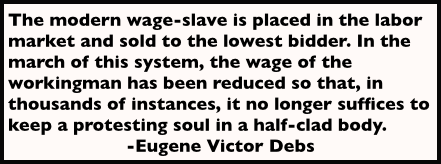

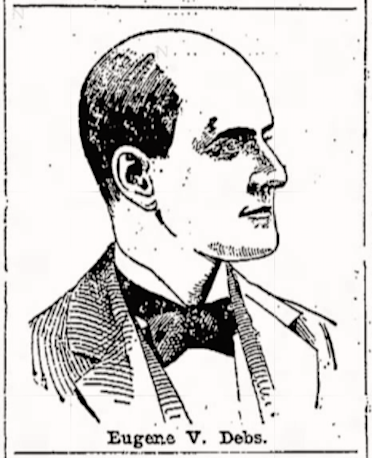
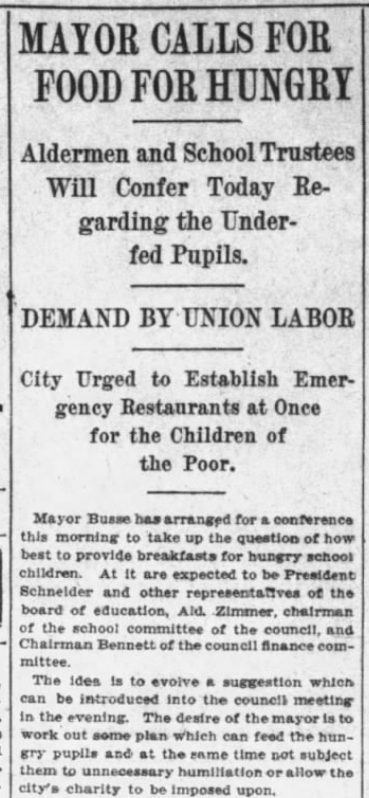
 ~~~~~~~~~~~~~~~~~~~~~~~~~~~~~~~~~~~~~~~~~~~~~
~~~~~~~~~~~~~~~~~~~~~~~~~~~~~~~~~~~~~~~~~~~~~
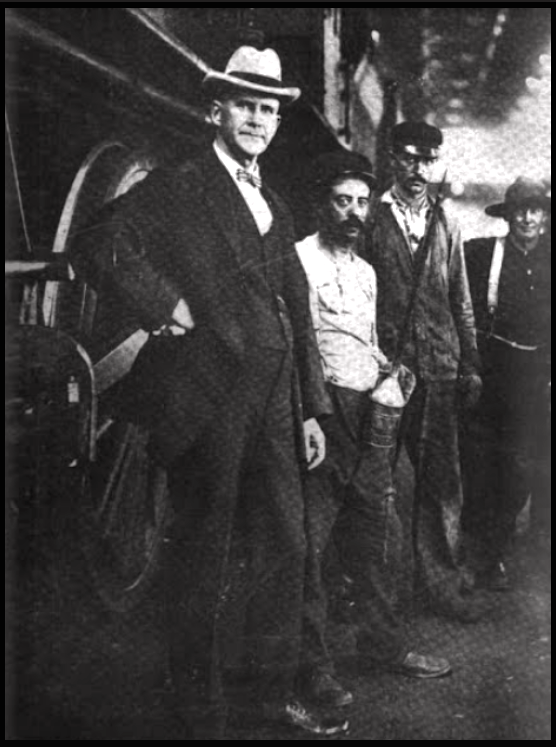
 ~~~~~~~~~~~~~~~~~~~~~~~~~~~~~~~~~~~~~~~~~~~~~
~~~~~~~~~~~~~~~~~~~~~~~~~~~~~~~~~~~~~~~~~~~~~